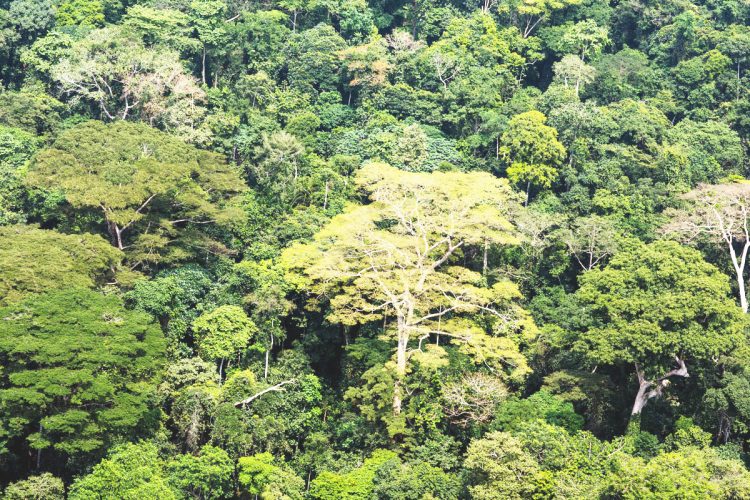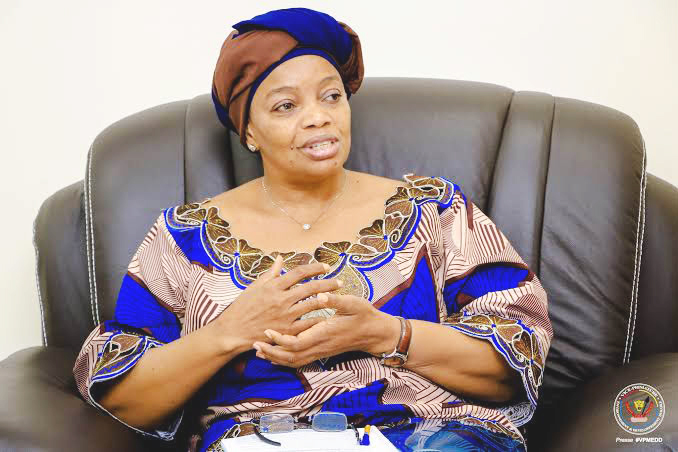The Democratic Republic of the Congo (DPRC) continues to make one of the more persuasive contemporary cases for being compensated for neglecting to recover what are believed to be the country’s considerable deposits of oil.
The just concluded COP 27 forum was reportedly the locale for engagements on the issue of, among other things, resolving the dichotomy between the DPRC’s peatlands as an invaluable environment for the storage of carbon and the country’s peatlands being the repository for considerable deposits of oil and gas.
The Congo Basin, covering approximately two million square kilometres, is the world’s second-largest tropical forest after the Amazon. The area has been described as “a treasure in global climate regulation.”

The DPRC has raised the still unresolved issue of compensation in exchange for leaving its peatlands undisturbed, a position that has given rise to a predictable discourse on, among other things, just how such an arrangement might be worked out. The issue has reportedly become sufficiently central to the wider climate change debate that it has attracted comments from US Climate Czar, and former United States Secretary of State and one-time presidential hopeful John Kerry.
While ‘the science’ instructs that “responsible peatland management entails carrying out operations in an open and accountable manner, according to ethical and humanitarian standards, and promoting stewardship of the peatland resource in ways that will be appropriate for future generations” the Congolese delegation at COP 27 were reportedly insistent on the issue of compensation for having to forego its oil resources in the peatlands.
A Strategy for Responsible Peatland Management (SRPM) implementation was first produced by the International Peatland Society in 2010 following conferences and major contributions involving more than 100 peatland and peat stakeholders from many countries though discourse on the issue is yet to get anywhere close to an agreement that can push the Congolese to set aside its oil recovery ambitions in the peatlands.
The peatlands impasse is being seen by poor countries as a microcosm of a wider challenge confronting the global climate change debate, on issues like whether or not rich countries are prepared to pay for such climate change mitigation returns as derive from underdeveloped and developing countries setting aside their fossil fuel recovery pursuits.
At the COP 27 forum Eve Bazaiba, the Congo’s Vice Prime Minister reportedly made the point that while “DRC continues to import oil at high prices and with poor quality……… we have oil under our feet………. If the world wants Congo to preserve the peatlands, where is the compensation,” she asked.
With peatland reportedly covering only around 3 per cent of the earth’s land surface but able to store about a third of its soil carbon the discourse on preserving peatlands as part of the wider global debate on the environment is unlikely to disappear from the climate change agenda any time soon and could even acquire an accelerated sense of urgency if countries like the Congo opt to pursue oil recovery options in the peatland regions.






